
- support
- info@evidentic.com
- +49 (0) 30 959 99 8831
Choosing the right monoclonal antibody (mAb), ADC or biologic is crucial for the success of any research project. In practice, that is not a piece of cake. There are significant differences between molecules available on the market, which sometimes are not identifiable at first glance. Let us show you what to consider!
Monoclonal antibodies (mAbs) and other functional proteins can be split into two groups, based on their intended use:
Clinical-grade molecules from drugs
Clinical-grade molecules are the Active Pharmaceutical Ingredients (API) in reference drugs (RMP/RLD) or biosimilars: mAbs, bi-specific ABs, fusion proteins, or ADCs. Their efficacy and safety in treating a particular disease in humans were demonstrated in clinical trials. Clinical-grade molecules are the only reference when it comes to a known and proven function in humans, being under strict regulatory compliance.
Clinical-grade molecules are extensively purified, so you are on the safe side regarding endotoxins and other impurities. Excipients in the formulation are FDA/EMA-approved. These molecules are concentrated in drugs at high levels of 5 – 180 mg/mL in an optimal buffer, which makes them extremely stable over time.
For early-stage drug development assays, functional in vitro and in vivo experiments, analytical methods for molecular characterization or biocomparability studies, clinical-grade molecules are the preferred choice.
Research-grade molecules
Research-grade molecules are for exclusive use in in vitro and in vivo experiments. Even though having similar functional properties to clinical-grade molecules, they are not approved for human use or subject to any regulatory pathway. Their formulation carries a considerable degree of variations like buffer, product concentration or the cell line that originate the protein. The endotoxin profile of these molecules is often unknown. The formulation does not compulsory contain FDA/EMA-approved excipients, being usually formulated in PBS buffer.
Thus, research-grade molecules cannot be equated with clinical-grade molecules based on binding behaviour, glycosylation pattern, buffer excipients, long-term (storage) stability, reproducible quality standards, endotoxin levels (HCP) or neutralization behaviour.
Opt for a research-grade molecule if you want to perform functional studies, need positive and negative controls, conduct early-stage in vivo efficacy and ADME (absorption, distribution, metabolism, and excretion) studies, small pharmacokinetics (PK) and dose range-finding studies.
| Clinical-grade molecules from drugs | Research-grade molecules | |
| Active Pharmaceutical Ingredient (API) | Yes | No |
| Regulatory pathway | IND/BLA* | None |
| Clinical trial data available | Yes | No |
| Proven therapeutic function | Yes | No |
| Usage licence | Humans | Research use or in vitro diagnostics (IVD) |
| Isotype | Chimeric, humanized or fully human | Human, murine or other animal clones possible |
| Expression clone identification | Clone number not publicly available | Clone number available |
| Degree of study | Comprehensive characterization | Specific characterisation (e.g. antigen binding specificity and sensitivity) |
| Purity | Extensive purification (endotoxin level within the acceptable range) | Endotoxin profile often unknown |
| Concentration | 5–180 mg/mL | < 1 mg/mL |
| Excipients | FDA/EMA-approved excipients in original buffer | Not necessarily FDA/EMA-approved excipients, usually in PBS buffer |
| Application examples | Reference molecule with known and proven physiological function; functional in vitro and in vivo experiments; analytical methods for molecular characterization; biocomparability assays; microheterogeneity assays; comparator against new molecules | Functional studies; positive and negative controls; early-stage in vivo efficacy and ADME studies; small PK and dose range-finding studies |
* IND/BLA: Investigational New Drug/Biologic License Application
Research-grade molecules are easily available on multiple online platforms. In contrast, the process of procuring clinical-grade molecules from approved drugs can be time consuming, costly, and complex.
Evidentic is a provider of drug aliquots from licensed reference medicines containing these clinical-grade molecules. We have repackaged the drug GDP-compliant in small quantities for use as a research consumable. In this way, you receive an aliquot of the original clinical-grade drug formulation with the clinical-grade molecules you desire. End-to-end documentation regarding transportation, preparation and storage of each aliquot is provided (chain of custody). For biosimilar developers, we offer different manufacturing batches of the same API.
Check here which benefits others have experienced when using drug aliquots of clinical-grade molecules.
Discover clinical-grade molecules

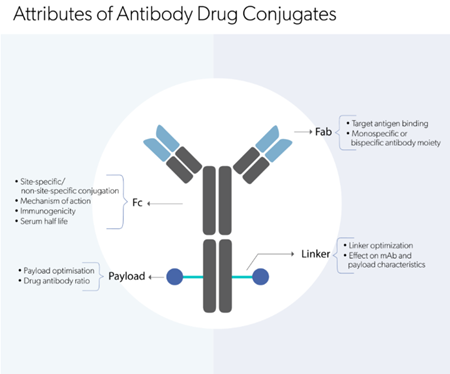
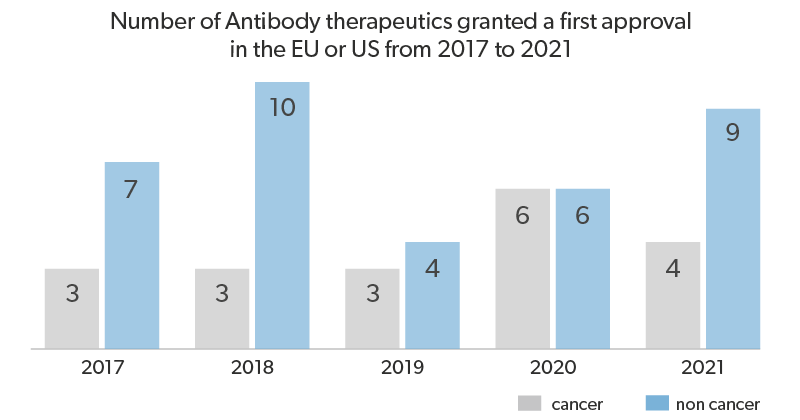
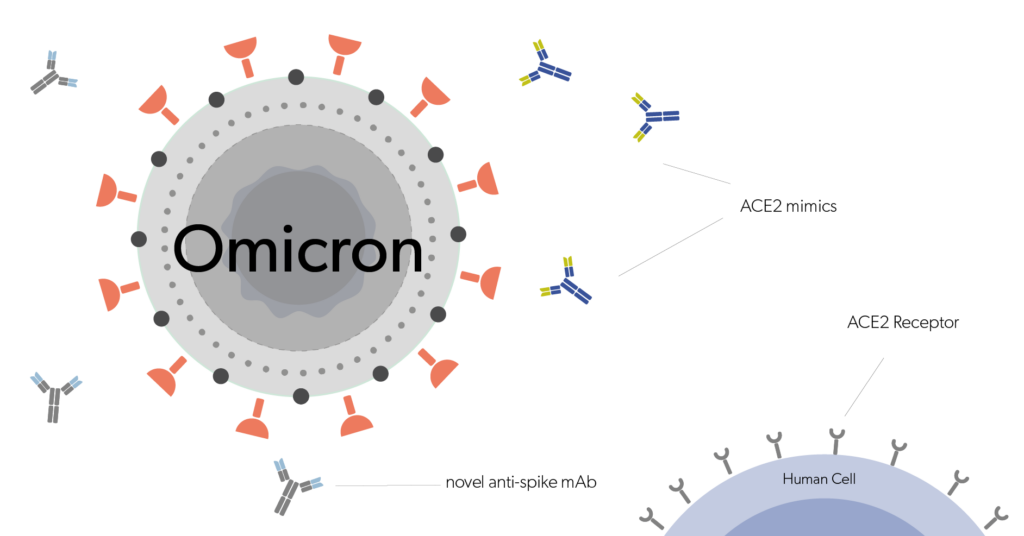
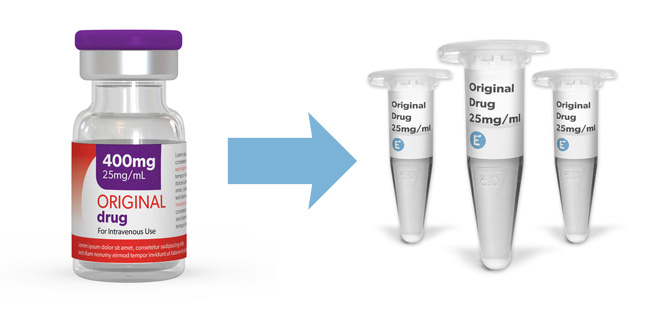
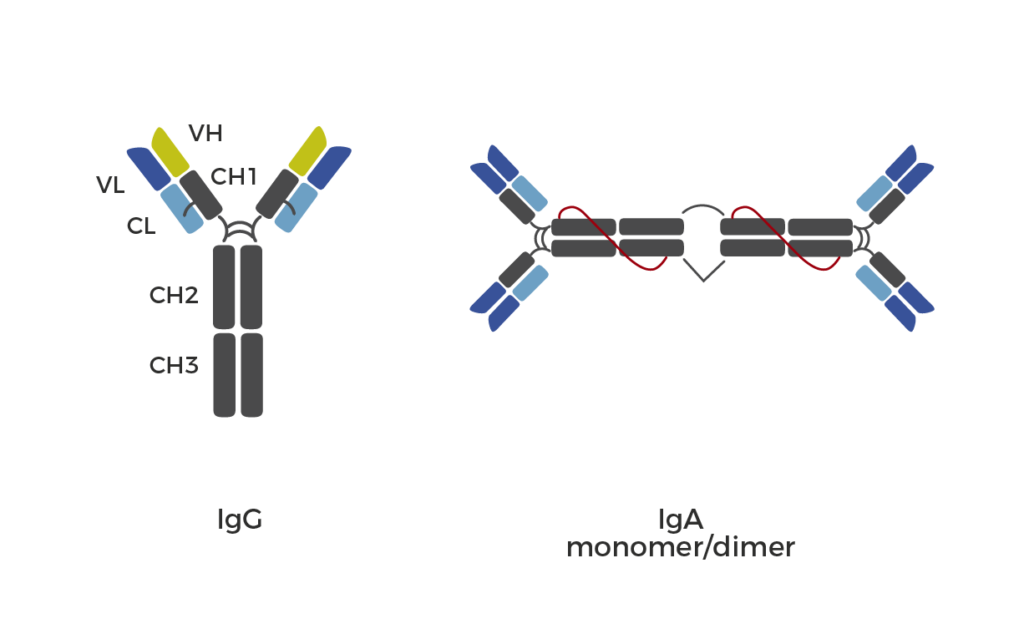
Evidentic GmbH
Martin-Buber-Str. 10
14163 Berlin